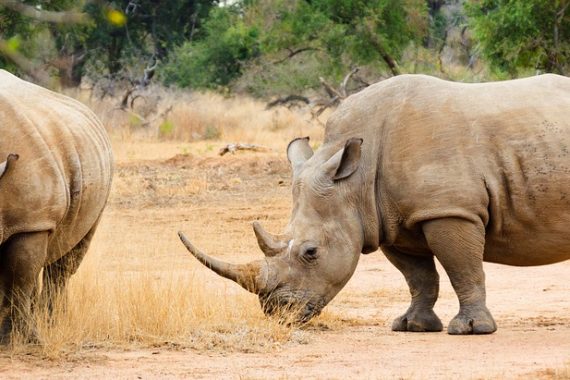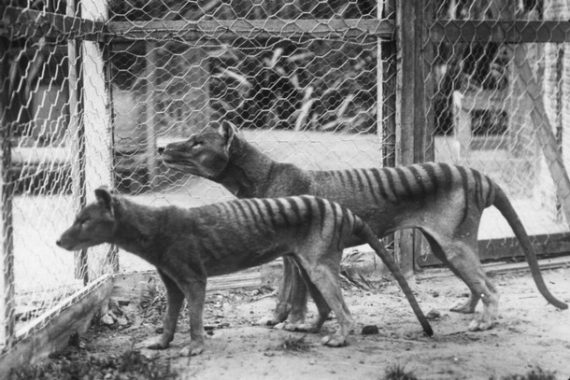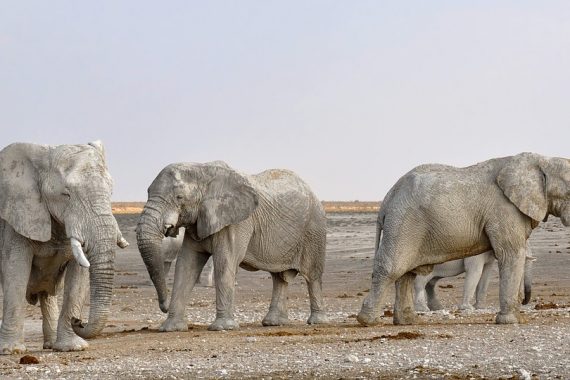Why Amphibians Matter
Amphibians are the one of the most important bioindicators on health of a biome. Currently, of all taxa amphibians are the most in trouble. The IUCN estimates almost half of all amphibians are in danger of extinction. In the following image, CRX = extinct and EV = endangered.
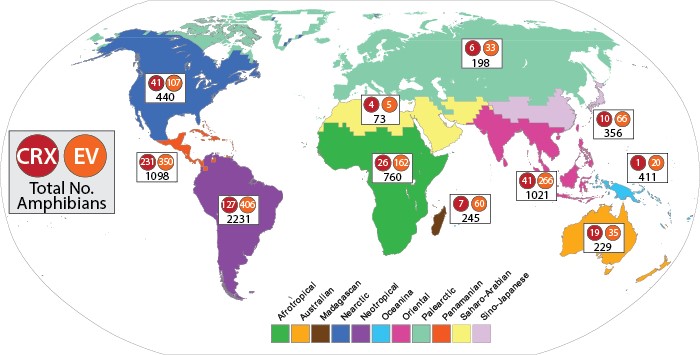
Poison Dart Frogs
One of the most beautiful animals on the planet, Poison Dart Frogs, can be extremely toxic. The coloration of Poison Dart Frogs is called aposematic, meaning their bright and vibrant colors are a warning to any potential predator. However, research has shown that coloration patterns in Poison Dart Frogs does not always necessarily mean they are the most poisonous. Some studies show less conspicuous frogs (example left image) are actually more toxic than brighter colored frogs (example right image).
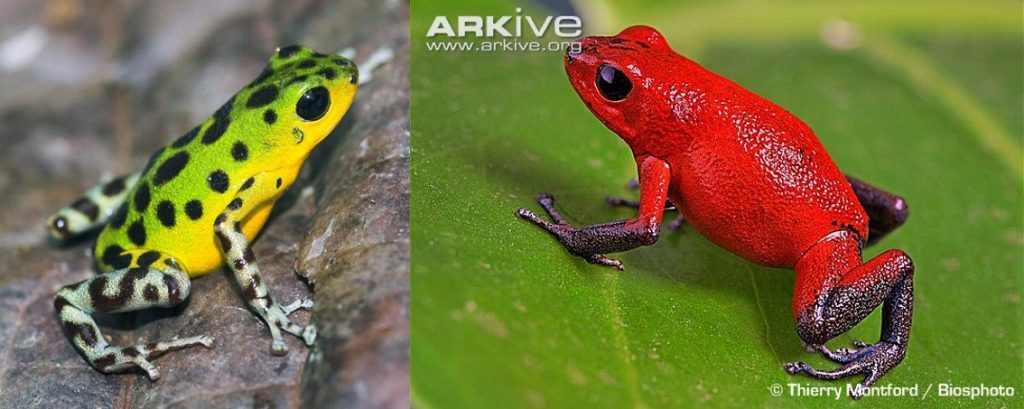
Today there are an estimated 250 different species of Poison Dart Frogs. These animals live in almost every type of habitat. From deep rain forests, to high mountaintops, down to near the many beaches of Central and South America.
Poison Dart Frogs are diurnal, meaning they are most active during the day. These animals are carnivorous and eat a diet of ants, millipedes, beetles, mites and other insects. It is their diet that gives them their alkaloid poisonous skin. Generally, Poison Dart Frogs kept in captivity are not toxic, unless they are wild caught. Any wild caught Poison Dart Frog may take up to two years to lose its toxicity.
Surprisingly Smart
Frogs are surprisingly intelligent creatures. Complex parenting behaviors have been noted in Poison Dart Frogs. Often, the male will carry a tadpole to deposit the young in a water pool high up into the canopy of a forest. This behavior is called backpacking.
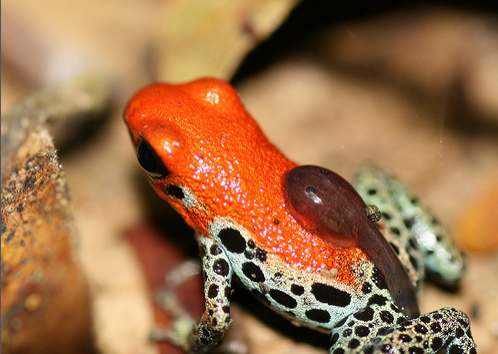
Calls to Action
Please consider these organizations to support:
Frog Watch USA – citizen science program that allows you to participate in research. Report on which frogs are seen in your area
Amphibian Survival Alliance
Pro Aves (Colombian Conservation Association)
Also please visit our Patreon Page

